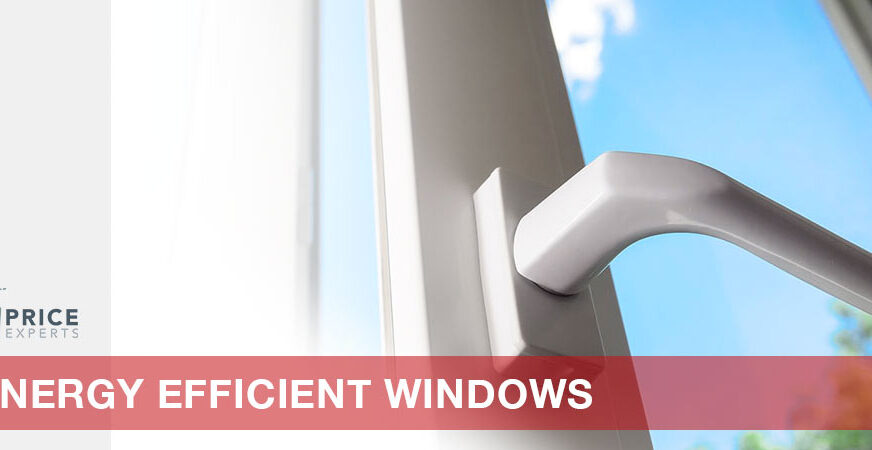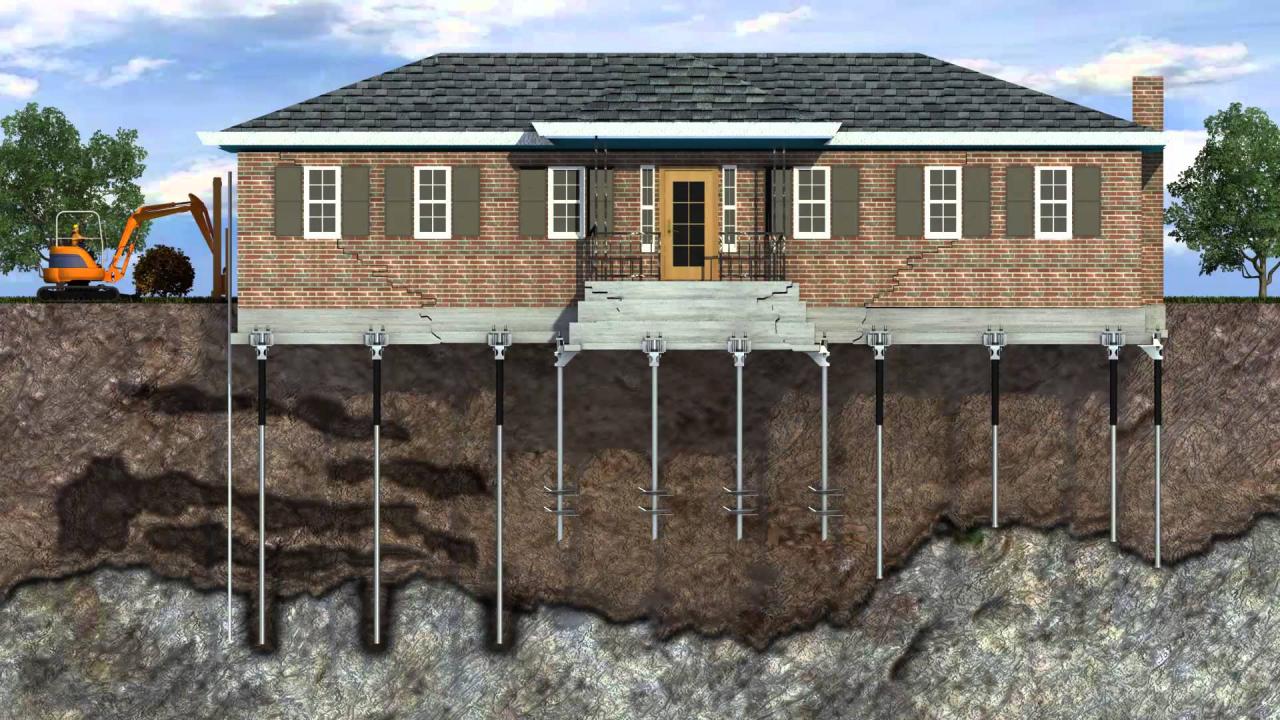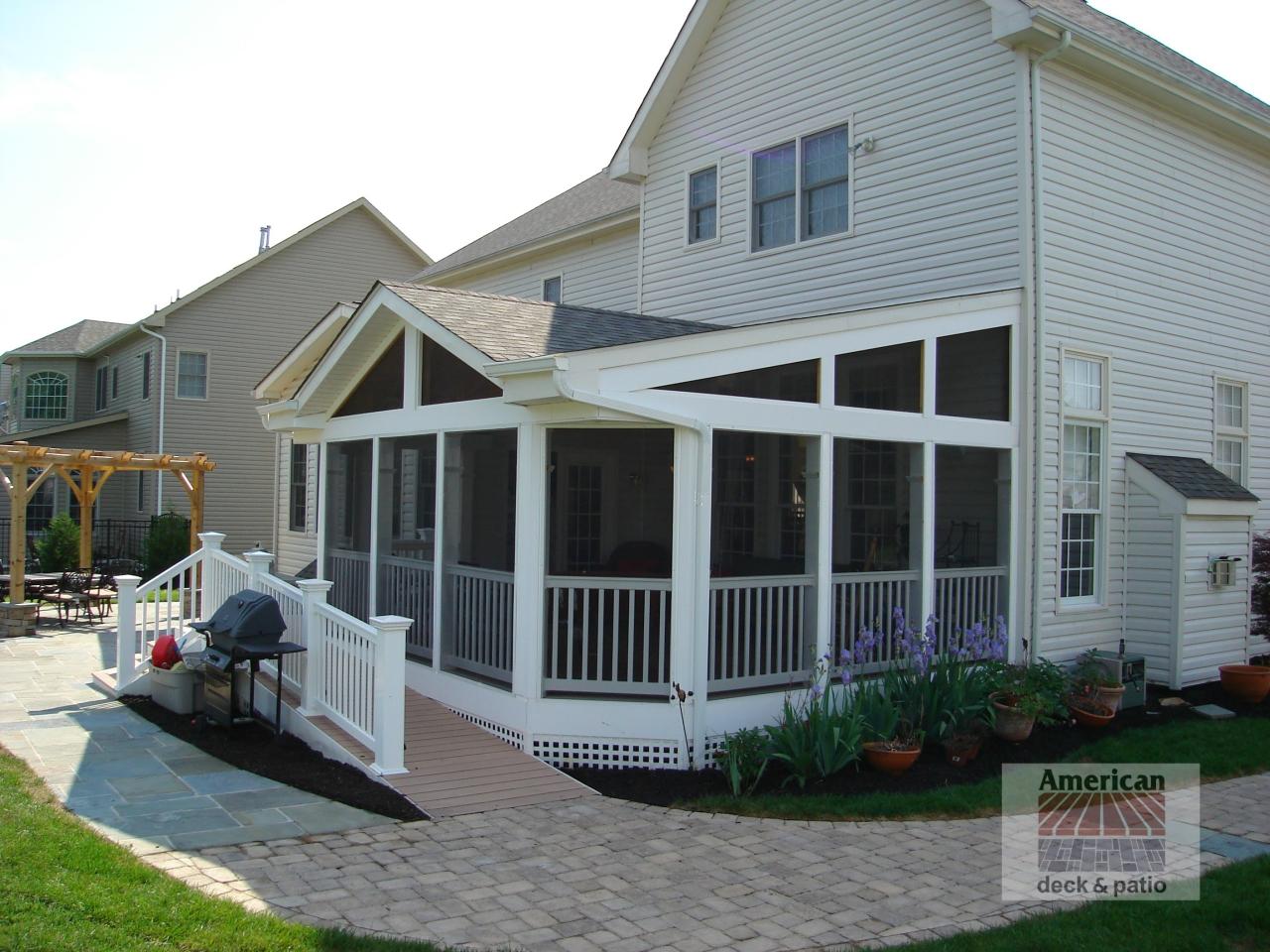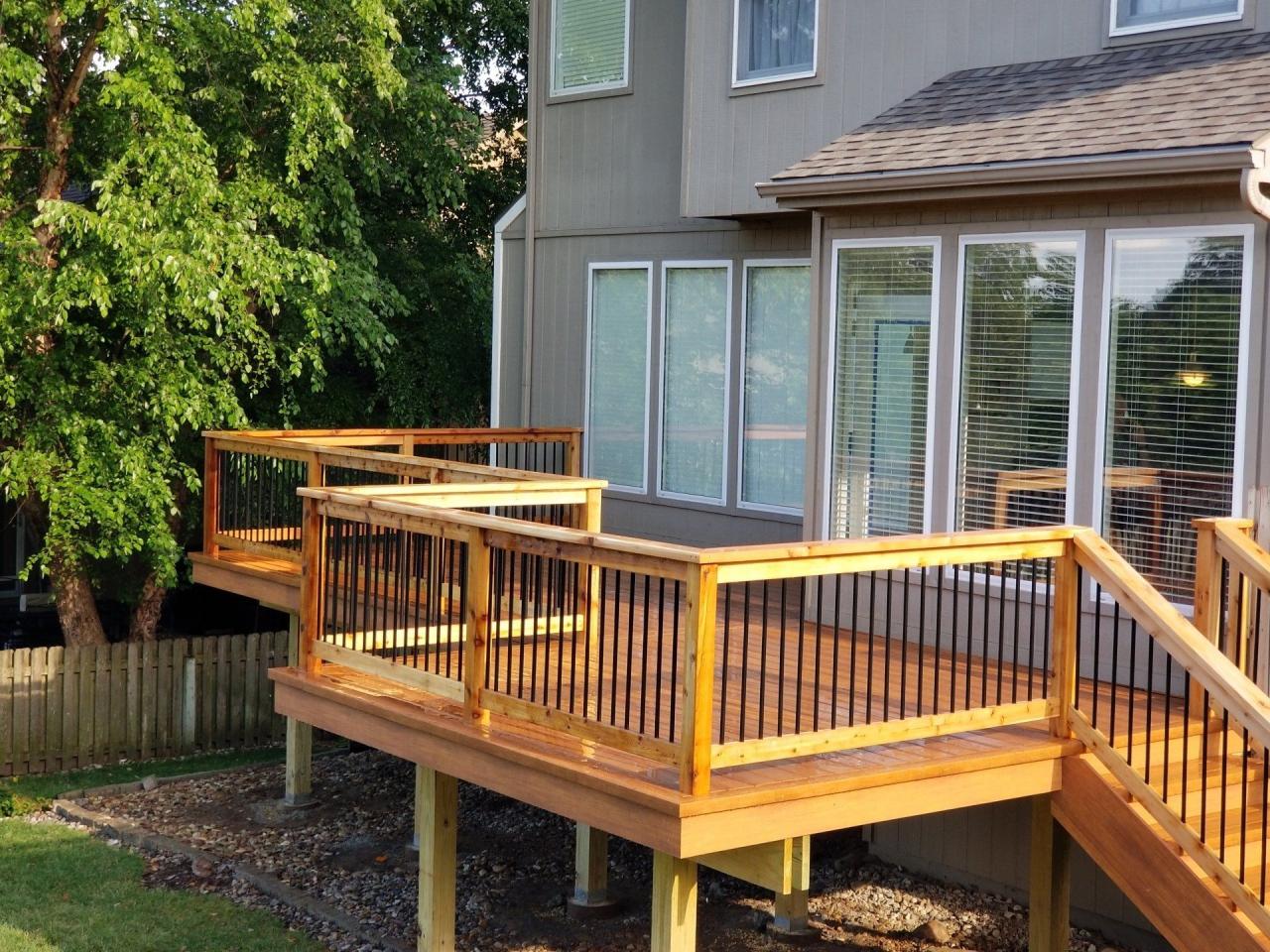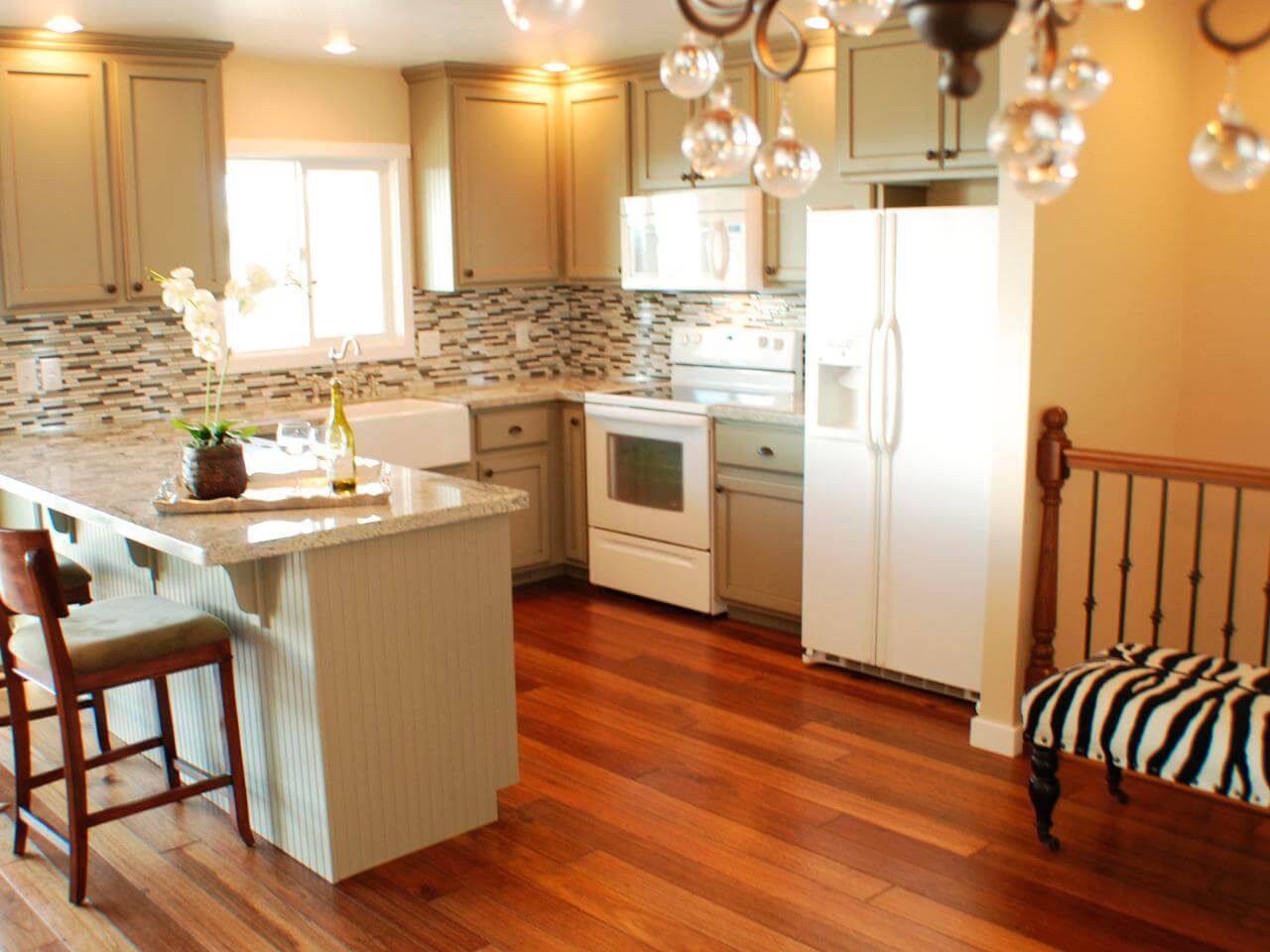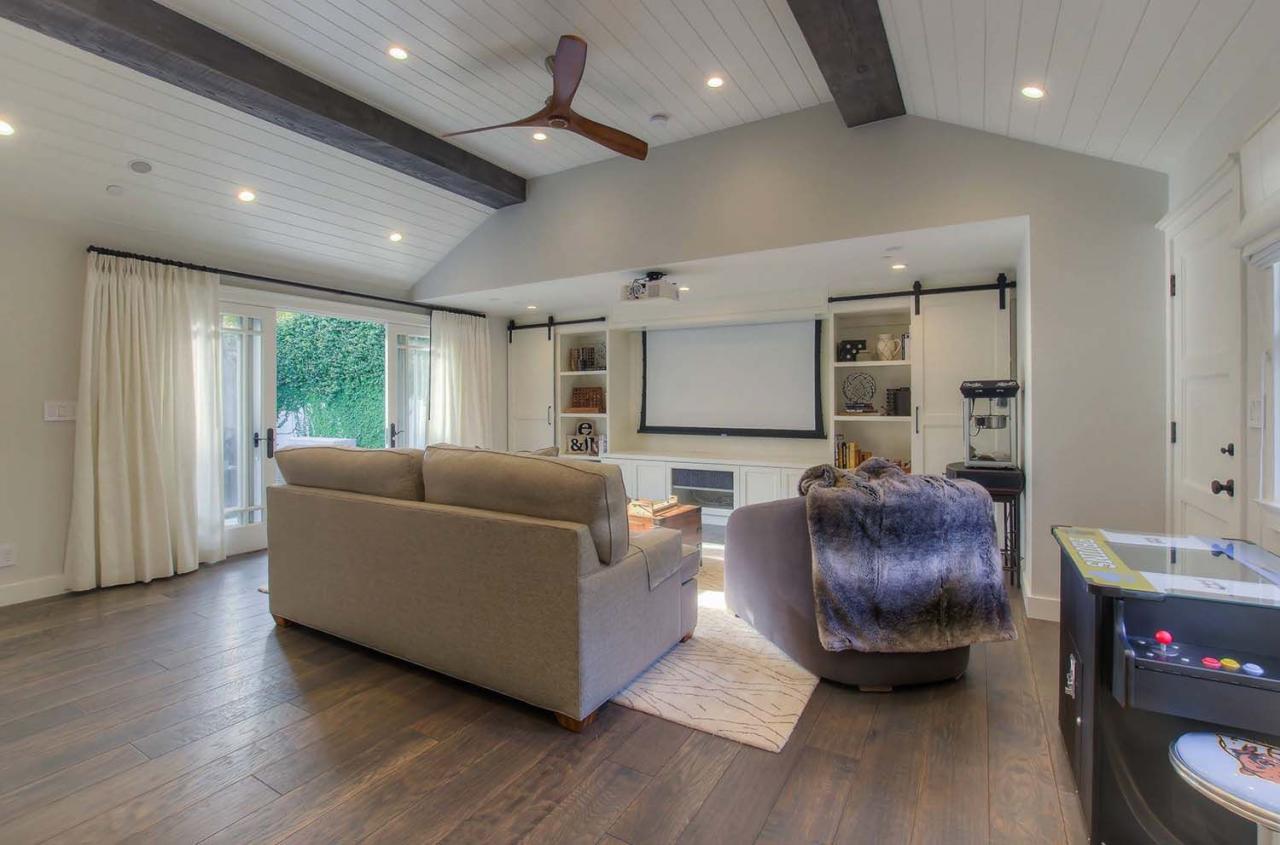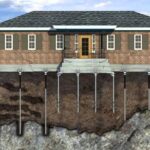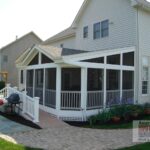Delving into the realm of energy-efficient window replacement cost, this introductory passage sets the stage for an informative journey filled with valuable insights and practical advice for readers seeking to enhance their living spaces.
Detailing the key factors, costs, and benefits associated with energy-efficient window replacements, this guide aims to equip homeowners with the knowledge needed to make informed decisions regarding their window upgrades.
Factors Affecting Energy-Efficient Window Replacement Cost
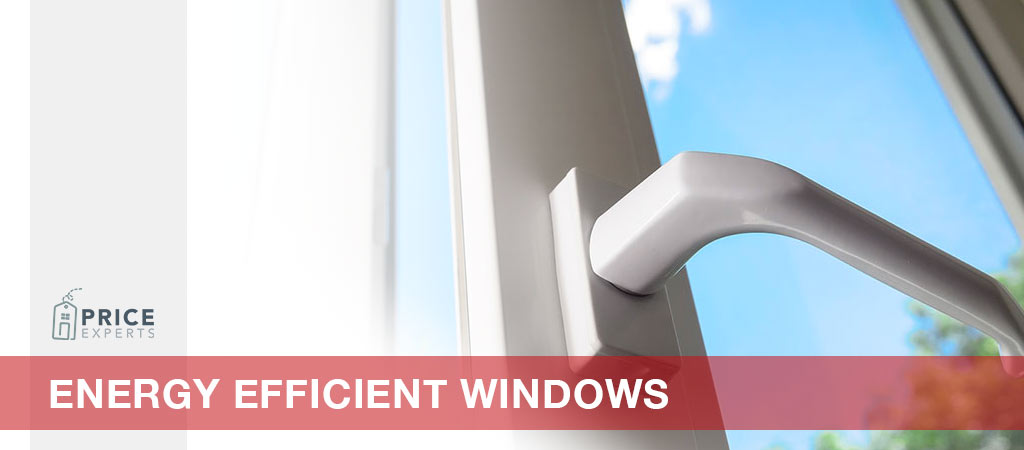
When considering the cost of energy-efficient window replacement, several key factors come into play. These factors can significantly impact the overall cost of the project.
Types of Energy-Efficient Windows
The type of energy-efficient windows you choose will have a direct impact on the replacement cost. For example, double-pane windows are generally more affordable than triple-pane windows due to the additional layer of glass. Additionally, windows with low-E coating, which helps to reflect heat and UV rays, may come at a higher cost but offer increased energy efficiency in the long run.
Location and Size of Windows
The location and size of the windows being replaced can also influence the cost. Windows in hard-to-reach areas or custom-sized windows may require more labor and materials, resulting in higher replacement costs. Additionally, larger windows will naturally cost more to replace compared to smaller windows due to the increased materials needed.
Cost-Saving Benefits of Energy-Efficient Window Replacement
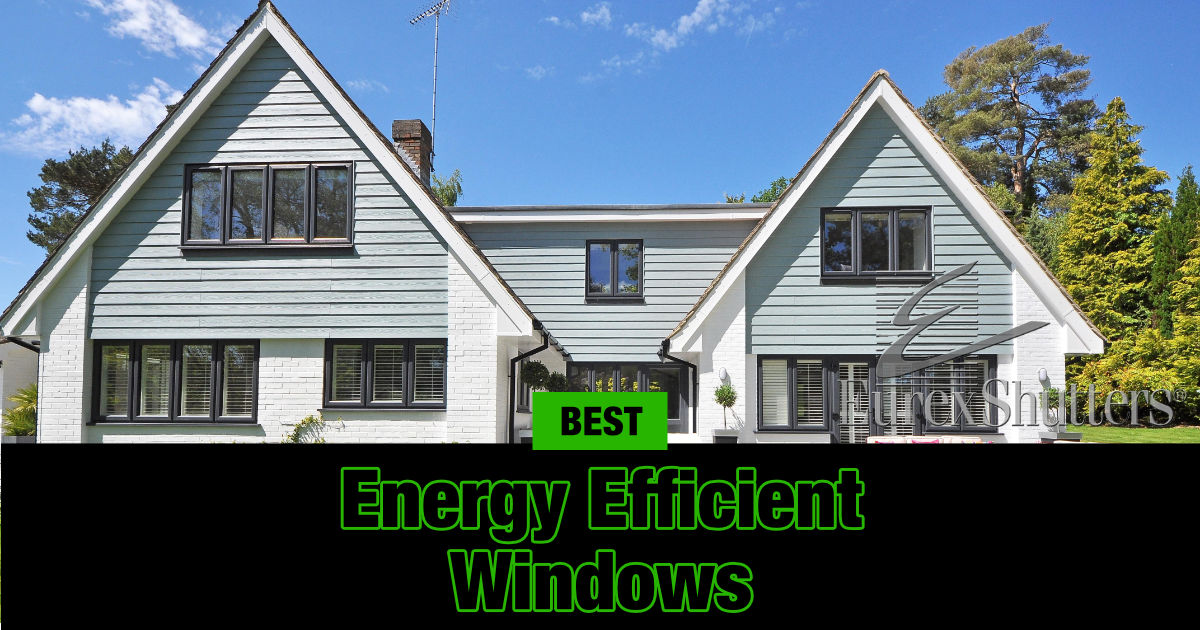
Energy-efficient window replacement can lead to significant cost savings for homeowners in the long run. By investing in energy-efficient windows, homeowners can enjoy reduced heating and cooling costs throughout the year. These windows are designed to minimize heat transfer, keeping the indoor temperature consistent and reducing the need for constant heating or cooling.
Financial Savings
- Energy-efficient windows help in reducing energy consumption, leading to lower utility bills over time.
- By preventing heat loss in the winter and heat gain in the summer, these windows contribute to maintaining a comfortable indoor environment without overworking the HVAC system.
- With less reliance on heating and cooling systems, homeowners can expect reduced maintenance costs and longer lifespan of their HVAC equipment.
Tax Credits and Incentives
- Some regions offer tax credits or incentives for homeowners who choose to install energy-efficient windows. These can help offset the initial cost of window replacement.
- Check with local authorities or energy efficiency programs to see if you qualify for any financial assistance when upgrading to energy-efficient windows.
Types of Materials and Their Impact on Cost
When considering energy-efficient window replacement, the choice of materials plays a significant role in determining the overall cost and energy efficiency of the windows.Vinyl windows are often the most affordable option when it comes to energy-efficient replacements. They are durable, low-maintenance, and provide good insulation.
However, the upfront cost may vary depending on the quality of the vinyl used.Wood frames, on the other hand, are known for their classic look and excellent insulation properties. While wood windows tend to be more expensive upfront compared to vinyl, they can add value to the home and may result in long-term energy savings
Although fiberglass windows are generally more expensive than vinyl, they offer better insulation and can contribute to lower energy bills over time.
Impact of Material Quality on Costs
- High-quality materials may have a higher upfront cost but can lead to long-term savings through improved energy efficiency and durability.
- Choosing low-quality materials to save on costs initially may result in higher maintenance expenses and reduced energy savings in the long run.
- Investing in high-quality materials ensures better performance and longevity, ultimately offering a higher return on investment.
Installation Costs and Considerations
When it comes to energy-efficient window replacement, installation costs play a significant role in the overall expenses. Hiring a professional installer is crucial to ensure proper fitting and performance of the new windows. However, this can also impact the total cost of the project.
Here are some insights into installation costs and considerations:
Average Installation Costs
The average cost of installing energy-efficient windows can vary depending on factors such as the size of the windows, the type of material used, and the complexity of the installation process. On average, homeowners can expect to pay between $150 to $750 per window for installation.
Importance of Professional Installation
Hiring a professional installer is essential to guarantee that the windows are fitted correctly to maximize energy efficiency. While it may increase the upfront cost, professional installation can prevent issues down the line and ensure the longevity of the windows.
Tips to Save on Installation Expenses
- Get multiple quotes from different installers to compare prices and services.
- Opt for off-peak installation times to potentially secure lower rates.
- Consider bundling multiple window installations to negotiate a better overall price.
- Ask about any available rebates or incentives for energy-efficient upgrades in your area.
Summary
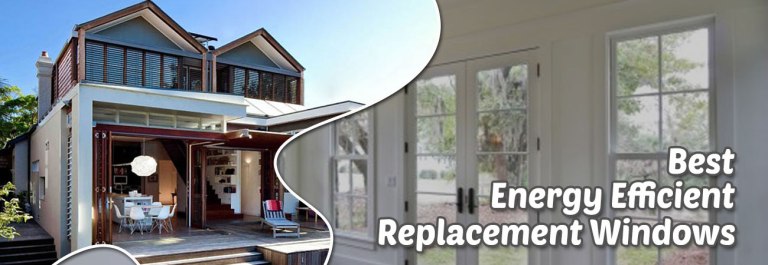
In conclusion, understanding the nuances of energy-efficient window replacement cost can lead to significant long-term savings and enhanced energy efficiency in your home. By considering the various factors and materials involved, homeowners can make well-informed choices that align with their budget and sustainability goals.
Frequently Asked Questions
What factors influence energy-efficient window replacement cost?
Factors include window type, size, material, and location, all impacting the overall cost of replacement.
How do energy-efficient windows contribute to cost savings?
Energy-efficient windows can lower heating and cooling costs, leading to significant long-term financial savings for homeowners.
Are there tax credits available for installing energy-efficient windows?
Yes, homeowners may be eligible for tax credits or incentives when opting for energy-efficient window replacements, providing additional cost-saving benefits.

